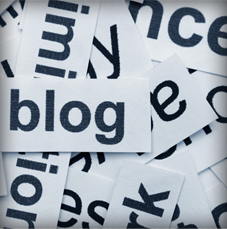



WORDS TO
THE WISE
#TheDownSideofPromotedHashtags
01.31.12
McDonald’s fell into some hot grease water recently when the company’s foray into promoted hashtags was met with much negativity. Their #MeetTheFarmers push caught my eye and I thought it was a genius idea. With the focus on local everything nowadays, it seemed the perfect medium to share the short YouTube videos introducing consumers to the farmers behind the lettuce, tomatoes and beef on the ever-popular Big Mac. The idea was focused and used the buzz of a timely topic. However, a few days later, McDonald’s went back for seconds with the promoted hashtag #McDStories – which sounds more like an organic trend (e.g., #WhenIWas15, #MiddleSchoolMemories) than one that, more than likely, came with a high menu price. Without getting into too much detail, the “stories” shared were not ones any restaurant would want associated with them.
Walgreens also experienced a similar – while not as public – situation recently when they paid to promote #ILoveWalgreens to the top of the Twitter trends list. There’s already a lot of commentary about what happened with McDonald’s and Walgreens, so I won’t add to it … but instead raise a question: What does this mean for one of Twitter’s most profitable offerings, the promoted trend?
As I type this, #GetSerious* is currently being promoted. Assuming it was maybe a tagline to an upcoming movie, I clicked on it to find that it’s actually being promoted by the U.S. Chamber in an effort to encourage the White House to “#GetSerious about jobs.” The hashtag – which has probably been used in the past organically – is vague and from what I can tell, being used to talk about everything but jobs. Whether this was an intentional “hijacking” or not, many Twitter users seem to have misunderstood the meaning behind it.
As with all things, promoted trend failures will undoubtedly get more media exposure than the successes – but with that said, will the recent examples deter other brands from taking on the risk associated with such a purchase? And if that’s the case, how can Twitter rectify the situation by making it a more controlled environment?
As a PR professional, will you think twice about recommending promoted trends to your client?
*The promoted trend “#GetSerious” has since been replaced by #TellTheWhiteHouse – a much less vague call to action, in my opinion.
